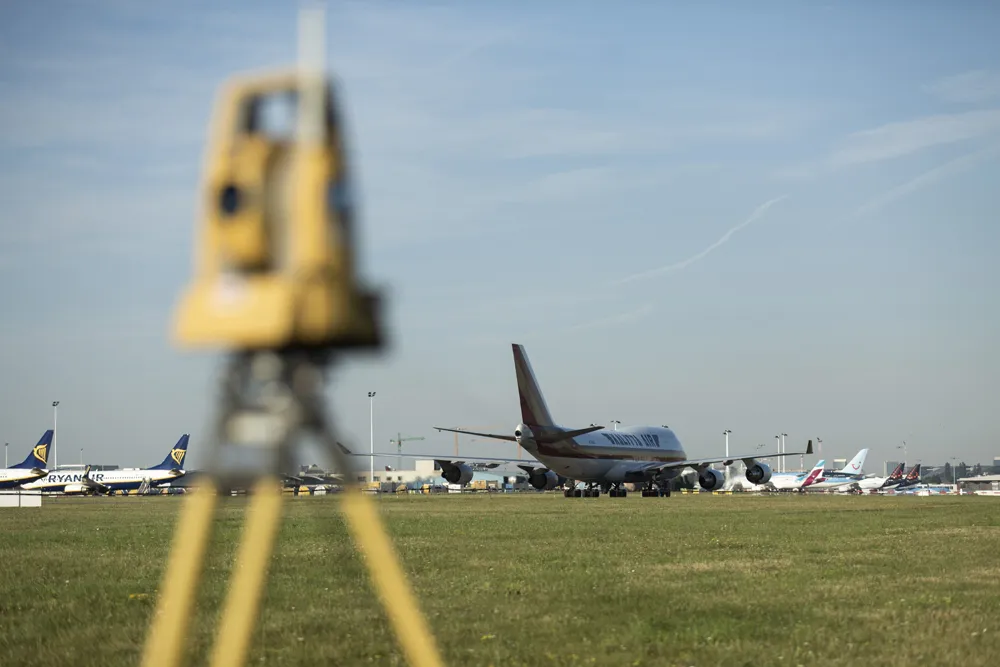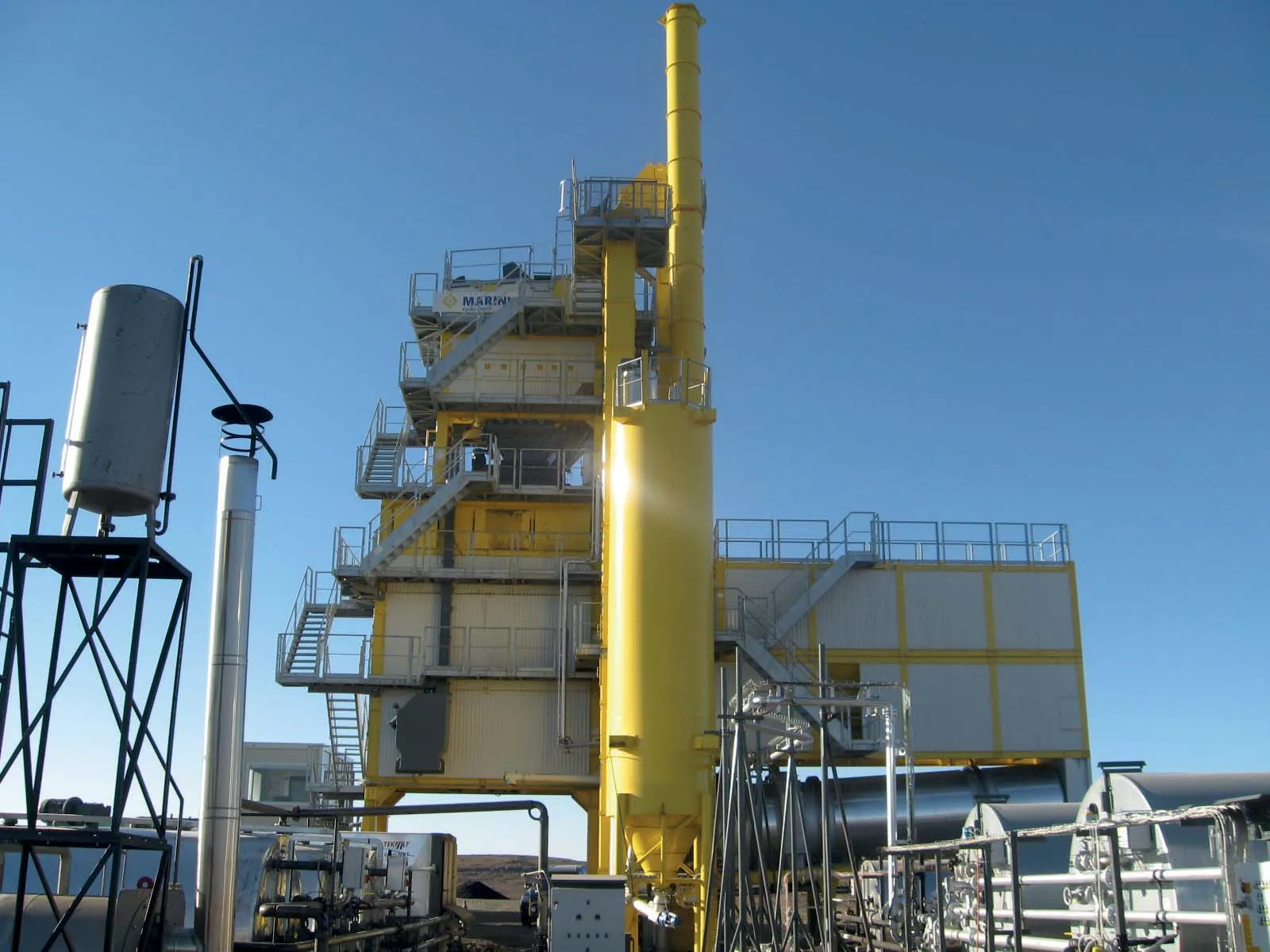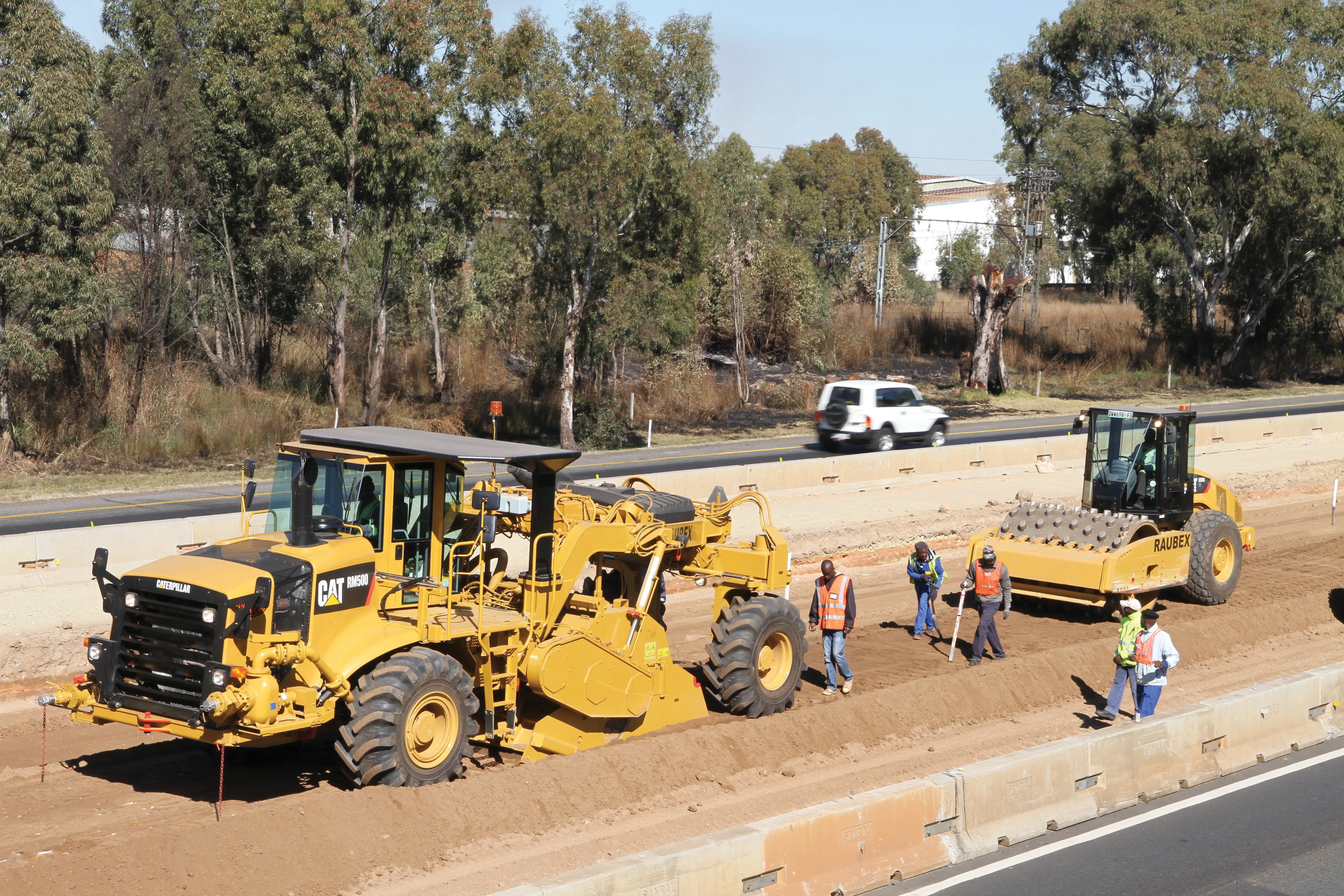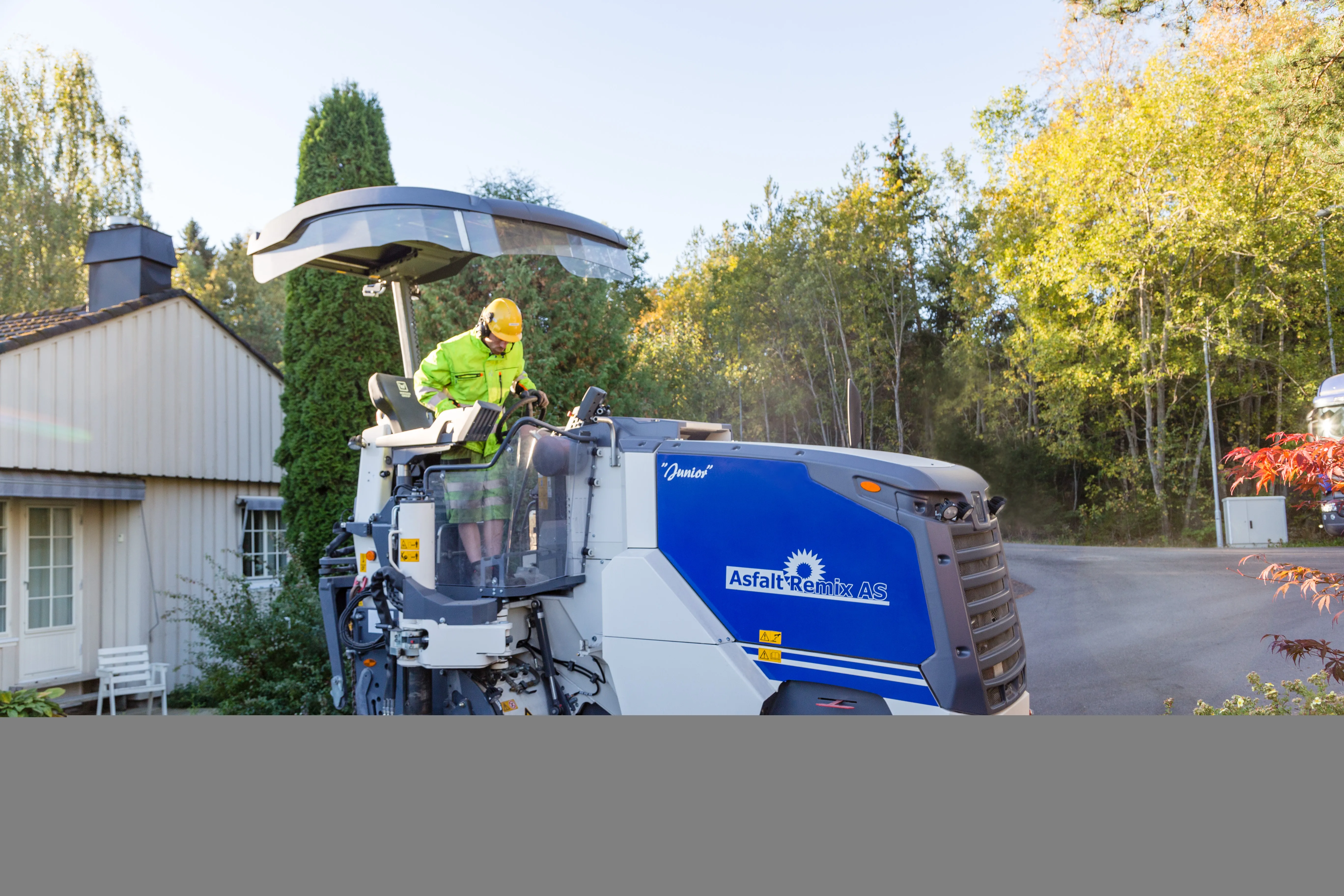
The 3.3km-long by 45m-wide runway 07L/25R at Brussels Airport was in need of a complete renovation. High usage meant that this renovation would have to be conducted quickly, accurately and safely. The airline authorities brought in general contractor Willemen Infra to handle the project, with the specialist sub-contractor Top-Off being brought in to handle the milling work.
Despite numerous challenges facing the project, not least the constraints associated with minimising airline disruption, the runway was ready for operation again in just over one month.
Phillipe Grevendonck, project development manager at Topcon, said: “When Top-Off asked us to assist with this renovation project, we didn't hesitate. The time pressure was high, because the runway closure had to be kept to a minimum. The quality requirements were, of course, exacting: the runway must ensure safety, and we had to extend the life of the asphalt layer by preparing a flat foundation and ensuring an optimal milling finish.
“We helped Top-Off with the preparation and start-up at the worksite, as well as with the calibration of the machines. Where necessary, we also carried out the position checks, because milling requires precision, whilst remaining on standby during the work, to support Top-Off as necessary.”
The volume of milling was significant. John Vastmans, CEO of Top-Off explained “We placed two new layers of asphalt on the runway, which amounted to 222,000m2 and about 60,000tonnes. The work had to be 90% done in just five days. That is to say: we milled at a rate of more than 10,000tonnes/day.”
Top-Off’s team started by milling the old asphalt layer off the runway in order to apply the new asphalt onto an optimal terrain model. Grevendonck explained: “The 3D model supplied by Brussels Airport Company ensured the best possible sub-foundation for the new asphalt layer.”
When it came to milling, Topcon’s 3D millimeter GPS system had an impact on the efficiency of the project. The solution combines the advantages of laser and GPS systems.
Vastmans said: “With millimetre GNSS, we had the advantage that all the machines could make use of a single laser, which not only made the system easy to use but also saved costs.”
“If the laser beam is interrupted, the system can continue to operate for about four seconds based on its last corrections. If it takes longer before the obstruction clears, the use of the rotating laser allows a connection to be established again. The biggest advantage of this is the huge time savings. In the vertical plane we have a 10m window in which we can work with a single laser. So, in that regard, we have almost no restrictions.”
Vastmans added: “Repaving with new asphalt had its challenges too, mostly because at the Brussels Airport worksite there was non-stop movement.”
Grevendonck elaborated “There was a point where there were 20 excavators, 30 dump trucks, 20 trailers and five milling machines all there at the same time. There were always five lasers set up on the project. All machines could select a laser of choice within reach. One laser could give guidance to multiple milling machines simultaneously."
Work also had to be conducted on the sewer pipes, which imposed an even tighter deadline. Vastmans added “With the solutions utilised, milling out of the contours for the sewer basins also went smoothly.”
With the help of Topcon’s MM GNSS system, the project was completed ahead of schedule. “It went very well,” said Jan Eikenaar, site manager for Top-Off. “We finished ahead of schedule. That’s always a favourable position to be in. The customer is very satisfied. Our work was grade-checked, and we remained well within the error margin.”








